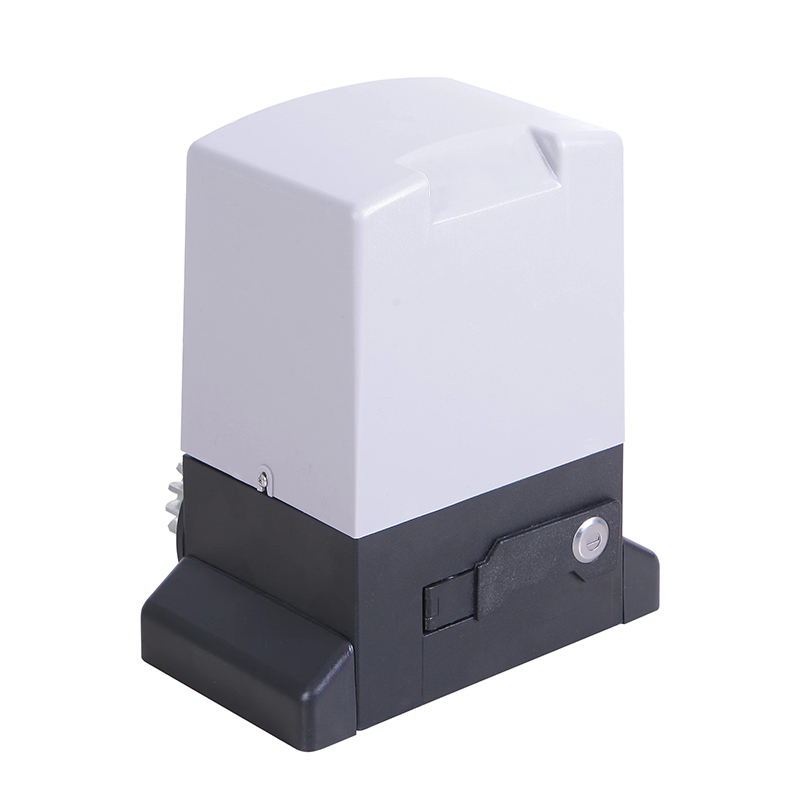The installation of a gate motor is a significant step towards enhancing security, convenience, and overall functionality of residential entrances. However, selecting the right gate motor requires careful consideration of various factors to ensure optimal performance and compatibility with specific home requirements. This article explores the key factors that homeowners should consider when choosing a gate motor for residential use.

1. Type of Gate:
The type of gate you have significantly influences the choice of a gate motor. Whether it's a sliding gate or a swing gate, each type requires a specific motor designed to accommodate its movement and structure.
2. Gate Size and Weight:
The dimensions and weight of the gate are crucial factors. Gate motors are designed to handle specific loads, and choosing one that matches the size and weight of your gate ensures smooth operation and longevity.
3. Power Source:
Gate motors typically run on either AC (alternating current) or DC (direct current) power sources. Consider the availability of power in your location and choose a motor that aligns with your home's electrical infrastructure.
4. Automation and Smart Features:
Modern gate motors often come with automation and smart features. Evaluate whether you want remote control access, integration with home automation systems, or even advanced features like scheduling and notifications.
5. Security Features:
Security is a primary concern. Look for gate motors with robust security features, such as obstacle detection sensors, anti-crushing mechanisms, and encryption to prevent unauthorized access.
6. Speed and Operation:
The speed at which the gate opens and closes is an important consideration. Choose a gate motor that operates at a suitable speed for your preferences and requirements, balancing speed with safety.
7. Durability and Weather Resistance:
Residential gate motors should be durable and capable of withstanding various weather conditions. Look for models with weather-resistant coatings and materials to ensure longevity, especially in outdoor installations.
8. Ease of Installation and Maintenance:
Consider the ease of installation and ongoing maintenance requirements. Some gate motors are designed for easy DIY installation, while others may require professional assistance. Additionally, check if replacement parts and maintenance services are readily available.
9. Noise Level:
The noise produced by a gate motor can impact the overall ambiance of your home. Choose a motor with a noise level that aligns with your preferences, especially if your gate is close to living spaces.
10. Budget Considerations:
Establish a budget for the gate motor purchase and installation. Consider the features that are essential for your needs and find a balance between quality and affordability.
Conclusion:
Choosing the right gate motor for residential use involves a thoughtful assessment of various factors, including gate type, size, power source, automation features, security, durability, and budget considerations. By carefully evaluating these aspects, homeowners can make informed decisions that not only enhance the security of their residences but also contribute to the overall convenience and functionality of their homes.